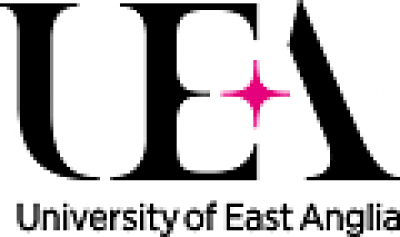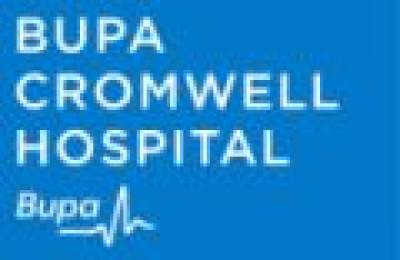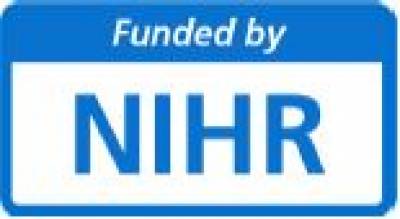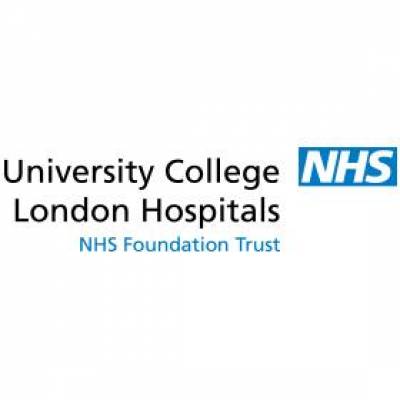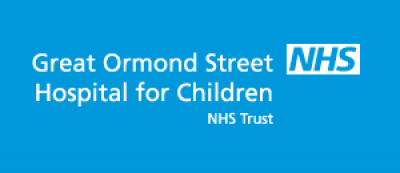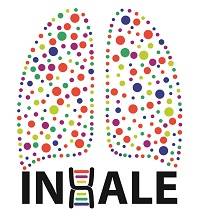Objectives
The aim of INHALE is to undertake diagnostic performance trials of 3 molecular "sample-in, answer-out" platforms across ICUs of 4 hospitals (3 NHS and 1 private) with radically different case mixes and resistance prevalence rates. These sites comprise the Norwich & Norfolk University Hospitals (NNUH), with little resistance and a stable local population; University College London Hospitals (UCLH), with higher resistance and serving a more diverse and mobile population, and Great Ormond Street Hospital Children's Charity (GOSH), as a specialist children's centre.
The fourth site is the private BUPA Cromwell Hospital, which receives many patients from the Middle East with highly resistant Gram-negative pathogens, including carbapenemase producers. Given population flows to the UK from high resistance regions (e.g. India, Pakistan, Middle East), it is likely that the resistance challenges what the Cromwell faces today will become increasingly commonplace across the NHS in coming years.
The best-performing system - in terms of (i) sensitivity and specificity vs. traditional microbiology and (ii) ease of use - will proceed to a randomized controlled trial. Here one group of patients will have their treatments for HAP and VAP guided by the preferred test whilst the others are managed conventionally, with empirical antibiotics refined once the microbiology laboratory has grown and characterized the bacteria from their respiratory secretions.
The project is novel and innovate. We've engaged hospitals that span the widest range of patient and microflora types, providing a rigorous and diverse challenge for the diagnostic tests without the need to recruit a large, and logistically unmanageable, number of sites. Logistics will be simplified because microbiology for the three very different London hospitals is concentrated on a single site.
Impact & expected results
This work is vital because the current antibiotic use in HAP and VAP - and many other infections - is far from optimal. There is frequent, often unnecessary, use of broad-spectrum empirical antibiotics because patients might have unusually resistant bacteria and, at the other extreme, some patients who do have unusual bacteria and receive an antibiotic that proves not to be active. The latter risk is increasing as resistance accumulates, driving the early, often inappropriate, use of the most potent antibiotics, driving selection of resistance to them. Early step-down, guided by rapid recognition of pathogens and their resistances, provides the most realistic mitigation from this relentless erosion.
INHALE's outputs will include:
a) Determining whether these expensive diagnostic technologies improve antimicrobial utilization, with identical or better patient outcomes
b) Determining whether and how doctors use rapid molecular results. Are they prepared to switch from a broad to narrow spectrum antibiotic, or do they lack trust in a new technology?
These outputs will have far-reaching outcomes and impact. These include:
a) Establishing whether NHS investment in these technologies is justified
b) Understanding doctors' responses to "new technology"
c) Developing prescribing strategies and 'rules' for best antibiotic use based on molecular results.
 Close
Close


